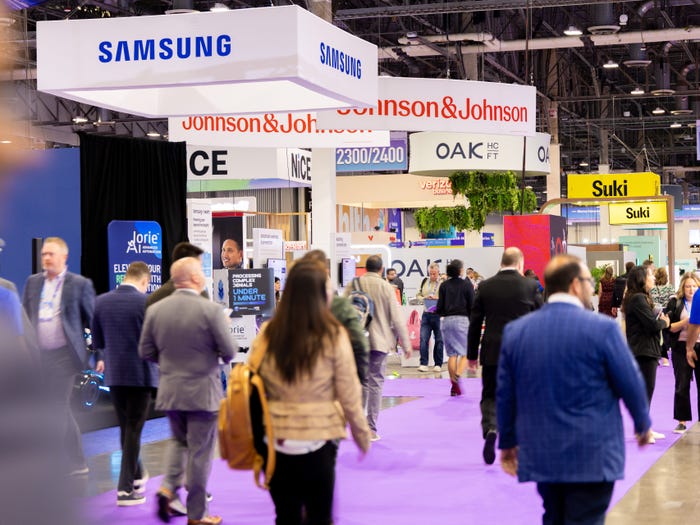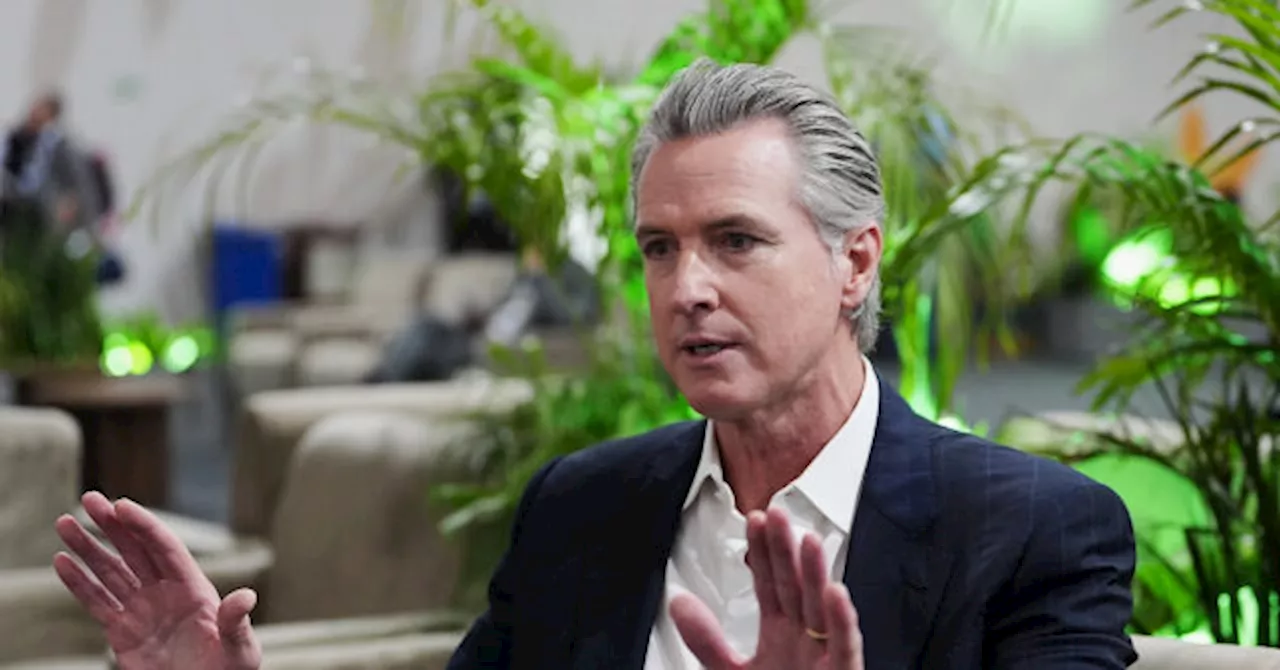UPDATE: The latest HLTH Conference in Las Vegas has become a battleground for AI in healthcare, showcasing a mix of excitement and anxiety among industry leaders. With major players like OpenAI and Epic looming large, concerns about an AI bubble are growing as startups vie for attention and investment.
Just concluded on October 10, 2025, this year’s conference spotlighted a staggering array of companies, including Jorie AI and Suki, alongside tech giants like Samsung and Johnson & Johnson. Nearly every booth featured an AI component, leading to a sense of overwhelming sameness that left many healthcare executives feeling fatigued.
As healthcare ventures secured a remarkable $6.4 billion in venture capital during the first half of 2025, with 62% of that funding directed at AI startups, the atmosphere was charged with both optimism and skepticism. Attendees reported that the AI hype often overshadowed the unique value propositions of emerging companies.
“Everyone is framing themselves as the most generic, enterprise-wide agentic AI solution. It makes me want to vomit,” expressed an anonymous health system executive, emphasizing the need for clarity in what these companies actually deliver.
Despite the buzz, the presence of established players like Epic, which plans to launch its own AI tools, created a tense environment for startups. The absence of Epic on the show floor did not diminish its influence, as it aims to compete with emerging AI solutions, including a new AI scribe targeting the $5.3 billion startup market.
In a notable shift, Nate Gross, OpenAI’s new healthcare lead, shared the stage with industry giants during a panel discussion, hinting at the AI giant’s intentions to penetrate the healthcare space. While specifics were scarce, the message was clear: established tech firms are moving rapidly into healthcare, raising alarms among investors.
“In my portfolio, people view OpenAI and Anthropic much more as a threat than people have ever viewed Amazon or Microsoft,” stated Blake Wu, a partner at NEA, underscoring the urgency of the situation.
The HLTH event, often labeled the “Dreamforce of healthcare,” drew attention not just for its AI focus but also for its lavish setting at the Venetian Resort, where attendees enjoyed amenities like pickleball courts and a puppy park, all while engaging in serious discussions about the future of healthcare technology.
However, the overwhelming presence of AI solutions led to a critical dialogue about the sustainability of this trend. A panel titled “If Everything is AI, Then Nothing is AI” highlighted concerns that the market may be reaching a saturation point, where every startup touts an AI solution without distinctiveness.
Yet amidst the concerns, there were success stories. OpenEvidence announced a remarkable $200 million raise at a valuation of $6 billion, highlighting the potential for innovative AI-driven solutions. Other companies like Hyro also secured significant funding, showcasing a dual-edged narrative of growth and caution.
As discussions about responsible AI development gained traction, industry leaders emphasized the importance of integrating AI effectively into healthcare. Initiatives like the American Heart Association’s AI assessment lab aim to ensure that AI tools are beneficial and safe for patients.
The HLTH Conference has served as a crucial juncture for the healthcare industry, grappling with the dual forces of innovation and caution. As AI continues to be a focal point, the industry must navigate carefully to harness its benefits without succumbing to the pitfalls of overhyped solutions. The next steps for healthcare leaders will involve not just embracing AI but doing so in a way that is meaningful and impactful.
Stay tuned for more updates as the implications of this year’s HLTH Conference continue to unfold!







